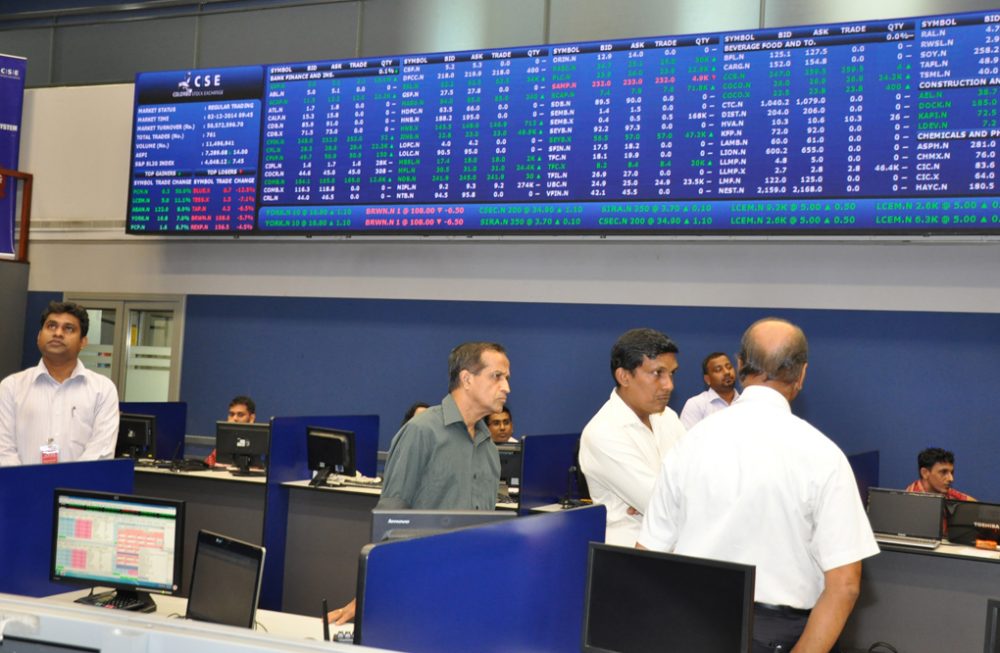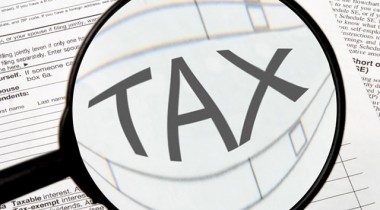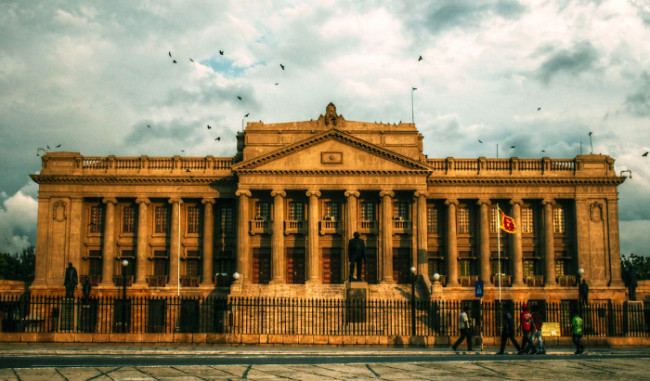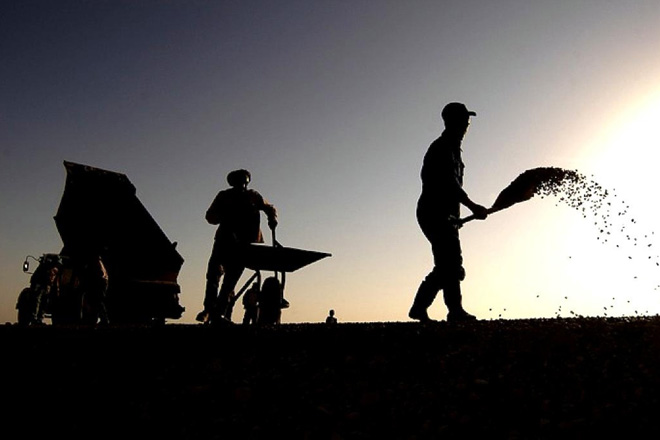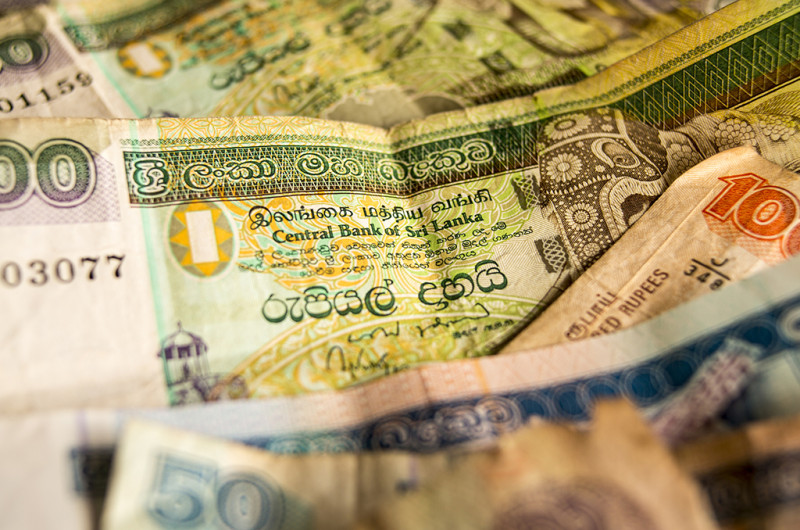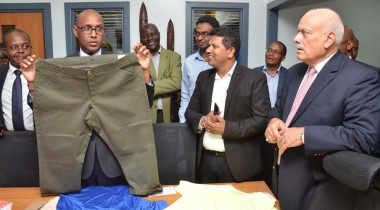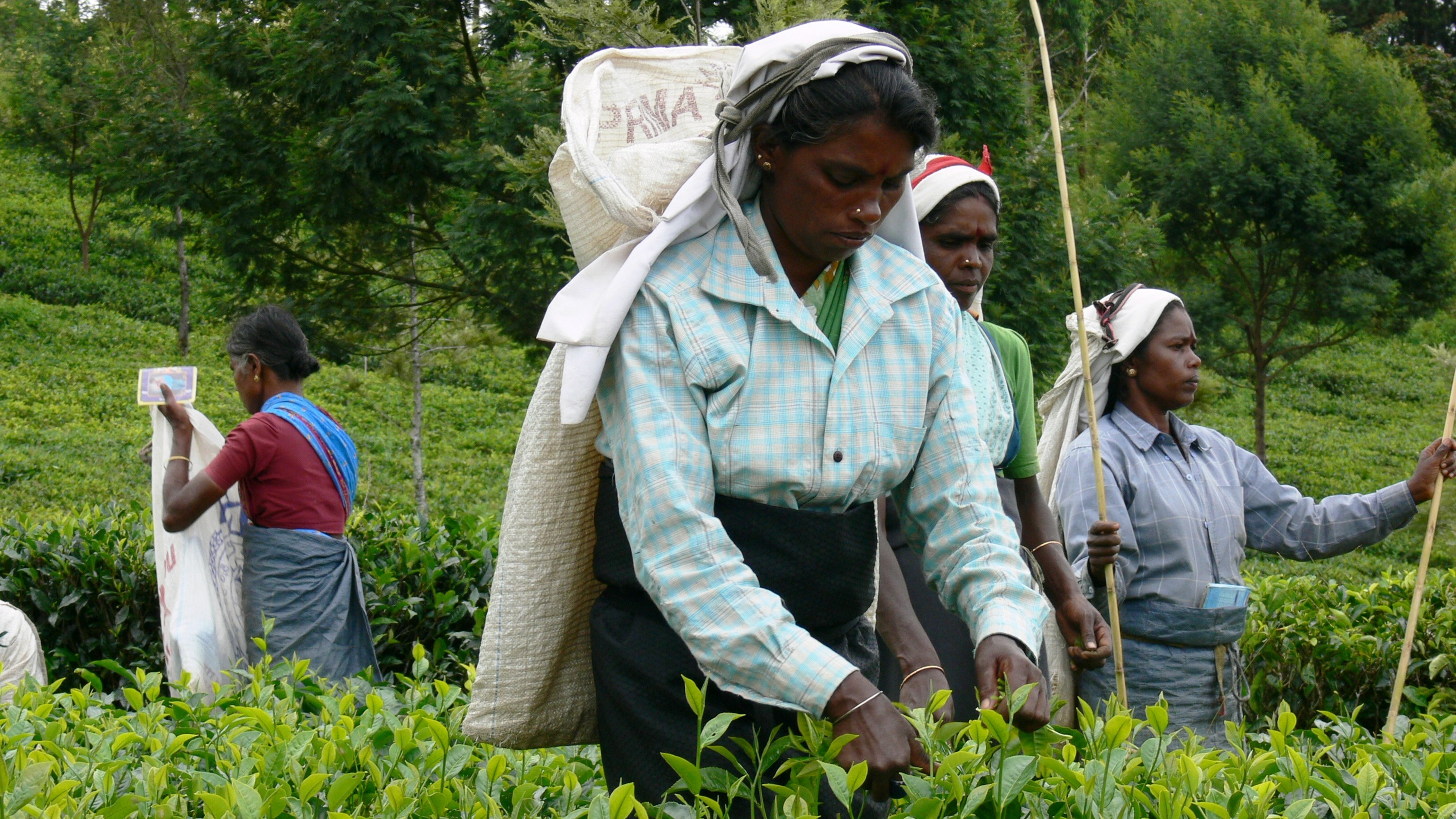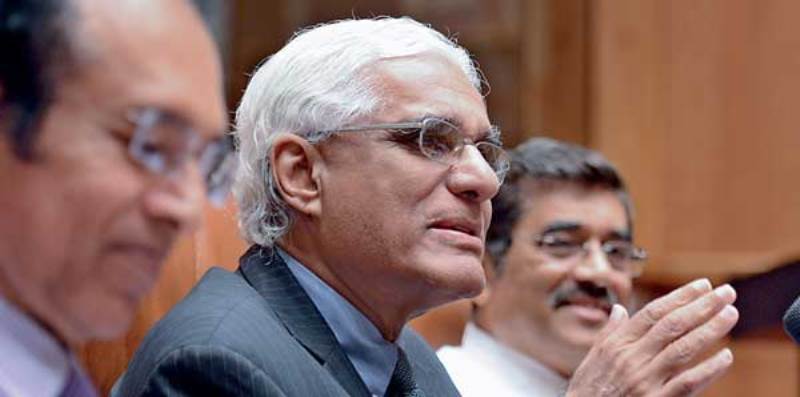
Renowned economist Dr. Indrajit Coomaraswamy was appointed the new Governor of the Central Bank of Sri Lanka last week, following weeks of speculation, controversy, and indecision. You’ve probably already heard everything there is to know about the man, so the following is an attempt to look at what his appointment means in the grand scheme of things. We also had a very brief chat with him on his personal views regarding the state sector, but more on that later.
The Role Of The Central Bank
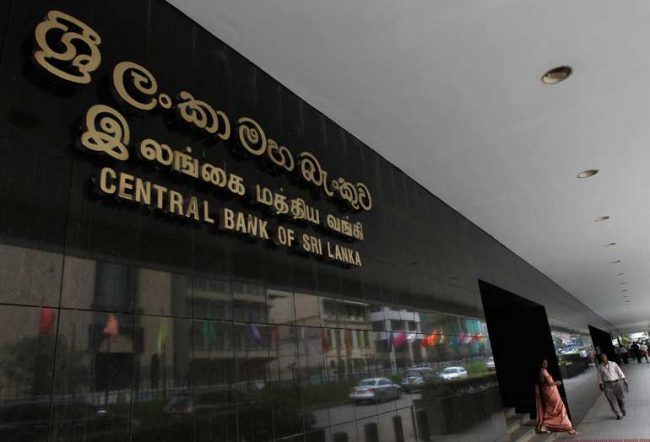
The banker to the Government. Image courtesy ft.lk
The Central Bank, in very simple terms, functions as the banker to the government. It has two core objectives:
1. Maintaining economic and price stability
Stable prices mean low inflation, which in turn fosters long-term economic growth and employment.
2. Maintaining financial system stability
A stable financial system gives rise to a favourable environment for depositors and investors, and effective functioning of financial institutions and markets, promoting investment and economic growth.
According to Economist Anush Wijesinha, the Governor and the Monetary Board have the main say on monetary policy. The treasury decides on fiscal policy, while the Minister of Trade has final say on trade policy, and so on and so forth.
In addition to its core functions, the Central Bank also oversees the issue and management of currency. Your EPF (Employees’ Provident Fund) is also managed by the Central Bank.
Monetary Board
A Monetary Board chaired by the Governor acts as the governing body of the Central Bank, responsible for making all policy decisions related to the bank’s management, operation, and administration.
Where The Governor Comes In
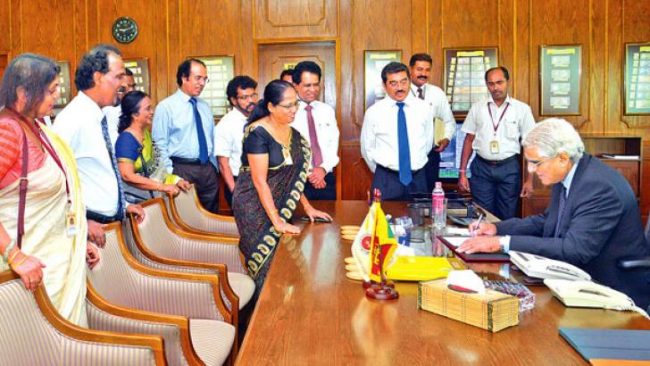
Dr. Coomaraswamy was appointed Governor of the Central Bank last week, following the exit of predecessor Arjuna Mahendran. Image courtesy dailynews.lk
Speaking to the media on Wednesday, Dr. Coomaraswamy said that, arguably, the primary responsibility of the Governor is to uphold the Central Bank’s reputation and credibility.
“The country has the potential to have a major leap forward in terms of its development trajectory. If you look back at the last 50 years, you can argue that this is probably the best chance we’ve ever had,” he said, in his first press conference since taking over duties as Governor.
Vision
Dr. Coomaraswamy is of the opinion that Sri Lanka, following the end of the long-drawn out armed conflict, no longer has any major drawbacks dragging its economy and, given its uniquely strategic location in Asia, the country is poised for greater economic growth.
“Today we don’t have major constraints holding back the economy. While there has been some slowdown, Asia is still the most dynamic region in the world. We’re located very centrally and strategically. We now have every opportunity to leverage our strategic location to our advantage,” he told the media.
The Central Bank has a “major responsibility” to see that Sri Lanka takes advantage of these favourable conditions, said Dr. Coomaraswamy.
“If we are to get accelerated, sustained development ‒ growth, employment creation ‒ we have to have strong macroeconomic fundamentals,” he said.
Among these macroeconomic fundamentals are a low budget-deficit, low inflation, low nominal interest rates, and an undervalued exchange rate and a competitive economy.
Master Plan
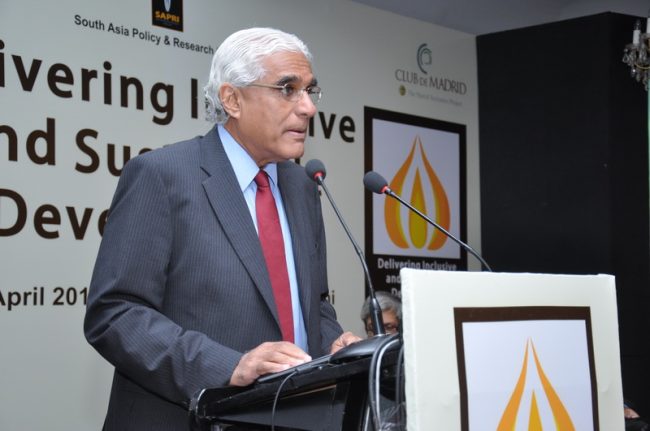
The new Governor is keen to “get strong macroeconomic fundamentals going”. Image courtesy dailynews.lk
According to Dr. Coomarsawamy, the Government has committed itself to a medium-term stabilisation programme of the economy, based on fiscal consolidation ‒ particularly by strengthening its efforts on the revenue side. The International Monetary Fund (IMF) has pledged to support this programme. Although funds provided by IMF will be minimal, Dr. Coomarsawmy says it will have a powerful signalling effect in adding credibility to the government’s stabilisation efforts.
Prime Minister Ranil Wickremesinghe is expected to announce the Yahapalana Government’s five-year plan during the course of this month, spelling out the structural measures that will be taken to strengthen the growth and employment generation framework of the economy.
A few flagship projects such as the Western Megapolis, the Hambantota development programme financed by the Chinese, in addition to Singapore’s plans for Trincomalee and Japan’s development initiative in Kandy, will all come together in an effort to steer the country’s economy in a new direction. Economic zones, agricultural zones, and strengthened education and skills development will seek to complement the overall plan.
All this, of course, is outside the purview of the Central Bank. However, following the stabilisation of the economy, Dr. Coomaraswamy reiterated that the Central Bank will play a crucial part in setting the stage for things to come.
“That is the first step. We need to stabilise our economy, and get strong macroeconomic fundamentals going. That is the key building block. The Central Bank has a key role to play through the conduct of its monetary and exchange rate policies in particular. On top of that, it has to make sure there is financial sector stability. I hope to work with my senior colleagues to achieve these objectives,” said Dr. Coomaraswamy.
Privatisation?
Dr. Coomaraswamy is well known for his views on the need for radical economic reform, particularly in the public sector. Roar spoke to him on whether or not his personal views on privatisation are in line with those of the Government. While making it clear that such matters were outside his purview, he said the following in response:
“The Government has to design and implement a policy, but it should be a policy that doesn’t make our fiscal situation worse. If the fiscal situation gets bad, that impacts the work of the CB in terms of monetary and exchange rate policy. So clearly in conducting monetary and exchange rate policy, the CB would like the SOEs (state-owned enterprises) not to be a burden on the budget, because that complicates the work that we have to do.”
Reputation
Since his appointment was announced, everybody and their grandmother has been waxing eloquent about Dr. Coomaraswamy’s character and his suitability for the position of Governor, including those in the Joint Opposition. However, one of the nagging accusations levelled against Coomarswamy has been an alleged involvement in the controversial Galleon Group founded by hedge-fund tycoon Raj Rajaratnam, now behind bars for insider trading.
Dr. Coomaraswamy denied this allegation, insisting that he only served the Group in an advisory capacity.
Economist Anush Wijesinha, meanwhile, is convinced Coomaraswamy is the right man for the job.
“He believes strongly in the value of good macroeconomic management and in enhancing the competitiveness of the Sri Lankan economy. In conversations with him, he often reiterates that the budget deficit has always been the source of instability in Sri Lanka; that stop-go policies have always plagued us; and how we need to plug in strongly with Asian supply chains,” Wijesinha told Roar.
On that positive note, here’s hoping that the new CBSL Governor helps drive the Sri Lankan economy forward, to better times ahead.
Featured image courtesy: dailymirror.lk

